צריך לאכול טוב או החישוב של הסובייקט
ז'אן-לוק ננסי וז'אק דרידה
ריאיון זה נחשב לאחת מאבני היסוד של עיסוקו המאוחר של דרידה במה שכינה ״שאלת החיה״. בניסיון לענות על שאלתו של ננסי ״מי בא אחרי הסובייקט?״, הדיאלוג בין שני הקוראים המעמיקים והביקורתיים ביותר של מרטין היידגר בצרפת של אותן השנים הוליד כמה מהניסוחים המקוריים והרדיקליים ביותר של דרידה בנוגע ליחס בין האנושי לחייתי והניח את התשתית המושגית והרעיונית לספרים ולסמינרים שהקדיש דרידה להיבטים האתיים והפוליטיים של המחשבה על החייתיות בשנותיו האחרונות. האלימות האנושית כלפי בעלי החיים הלא-אנושיים, ובפרט שאלת ״ההמתה הלא-פלילית״ שלהם ואכילת בשרם, זוכות כאן לראשונה אצל דרידה לניסוחים מפורשים, שגם כיום ממשיכים לעמוד במרכז הדיונים הפילוסופיים בנושא וכן במרכז הדיונים הפרשניים על עבודתו של דרידה.


